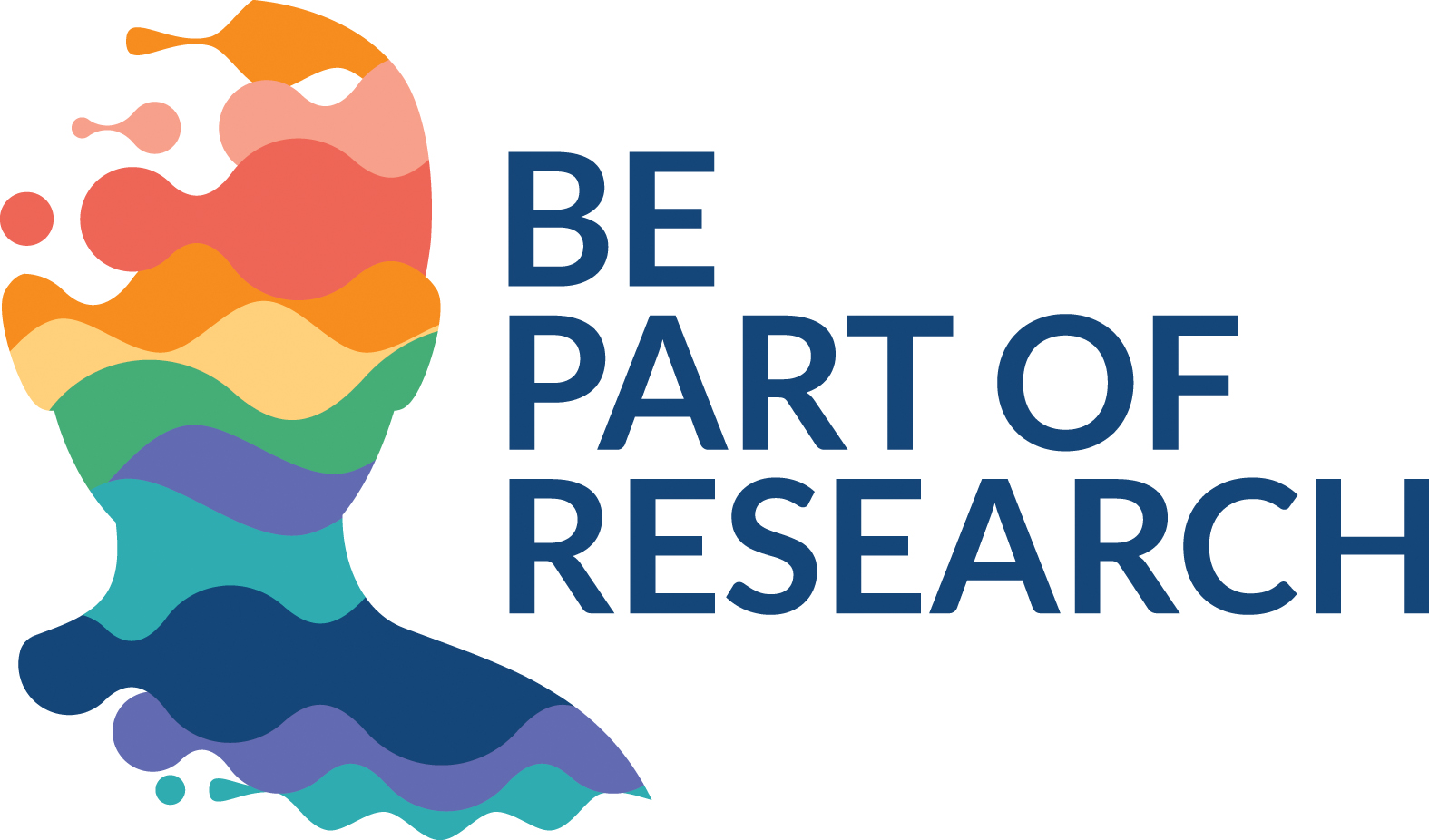Take part in clinical trials
Clinical trials are a vital step in making sure that new treatments reach patients. If you would like to take part in clinical trials, speak to your healthcare team about trials that may be suitable.

Get support
It’s normal to feel shocked if you or someone you know has been diagnosed with a brain tumour. Our Support Team can answer questions you have or provide a listening ear if you need one.
Find out more about clinical trials
Find out more about how clinical trials for brain tumours work.
Get your free Information Pack
Our Brain Tumour Information Pack can help you better understand your diagnosis and feel confident talking to your medical team.
What are clinical trials?
Before searching for and talking about clinical trials, it can help to understand better what clinical trials are and how to decide if they could be the right thing for you.
Clinical trials are used to test new treatments or research. They aim to find out whether the treatment will work and the best ways of delivering it. They are also important for testing side effects.
Clinical trials could be helpful to you because they could give you access to a new treatment, which might benefit your journey. You would also be helping to advance treatment, which might help many more people.
How do I take part in clinical trials for brain tumours?
The best thing to do first is to talk to your healthcare team about why you wish to take part in clinical trials.
Ideally, you should try to have this conversation with your consultant (e.g. your neurosurgeon or oncologist). We have some guidance on this here:
How do I find a clinical trial that’s right for me?
When searching for a clinical trial, there are a few things to look out for to find out if it’s right for you.
-
Eligibility criteria – Clinical trials often have strict entry conditions which you must meet to take part. Eligibility criteria consist of both inclusion criteria (which are required for a person to participate in the study) and exclusion criteria (which prevent a person from participating). These criteria may include:
· your tumour type, grade and location
· whether your tumour is newly diagnosed or recurrent
· the results of any biomarker testing
· any treatments you have had
· your age
· other medical conditions you have or medications you are taking
It can help to make sure you know as much of this information as possible before you start looking for trials.
Location – Knowing where the trial is taking place, whether this is in certain hospitals or online, can help you understand whether you’d be able to travel there easily.
It may be useful to ask about help with the costs of travelling to and from the hospital for your clinical trial appointments.Phase – The phase of a clinical trial can help you understand more about it, such as how many people will be involved and the evidence behind the treatment so far.
Find out about the phases of a clinical trial
Recruitment status – this can help to understand how soon the trial will be available to take part in. Examples of what this status may be are:
· not yet recruiting
· recruiting
· active, not recruiting
· completed
Trial design – In some trials, a group of patients will not be given the new treatment and are instead given the current standard treatment or a placebo. This allows a comparison with the group who are taking the treatment, so that the impact of the new treatment can be accurately determined. You may want to see whether this is the case for a trial you are looking at.
Cancer Research have some information on placebos and trial design.
It’s important to note that there are still benefits to being on a placebo within a trial. Read more about the benefits of being on a trial.
If you are struggling to understand some of the terminology around trials, please get in touch with our Support team who will be happy to help.
Where can I search for clinical trials?
Clinical trials for brain tumours take place globally and there are a few different databases that you can search to see what is available.
While we can’t recommend any specific platforms, we have included some information below on platforms which our community have found helpful.
Please remember that clinical trials have strict eligibility criteria, which you must meet in order to join the trial.
If you find a trial that you think is suitable, you should speak to your doctor.
MyTomorrows
MyTomorrows is a free international platform that helps patients and physicians to access drugs that are still in development.
Following an initial telephone interview with you, they will search for clinical trials and treatment options on your behalf and provide you with a comprehensive report listing their findings.

ClinicalTrials.gov
Provided by the US National Library of Medicine, it’s a database of privately and publicly funded studies around the world

Cancer Research UK
Cancer Research UK have a database which covers trials in the UK only.

Be Part of Research
Provided by the NHS National Institute for Health Research, it covers trials in the UK only.

NBTS Clinical Trials Finder
Provided by the National Brain Tumour Society in the US, it covers trials in the USA only.

What can I do if I’m not able to take part in a clinical trial?
There may be several reasons why you may not be able to take in a trial. This can be difficult to accept, but it can help to know that there are other things you can consider.
Ask about other treatment options. You can speak to your healthcare team about whether there are any other treatment options you can explore, such as emerging or alternative treatments.
Read our information on emerging treatments.
Find out about other ways of managing your symptoms. Ask your healthcare team about how best to manage your symptoms. You may wish to read more about coping with the side effects of a brain tumour and about complementary therapies
Talk to our Support team. It can be really disappointing to want to take part in a trial and not be able to. If you want to talk to someone about this or are looking for support, please call us on 0808 800 0004 (Monday – Friday, 9am – 5pm)
FAQs
-
This may not be easy. It can mean travelling to and staying near the site of the clinical trial. Sometimes a trial is geared to take patients from other regions. The best thing is to talk to your healthcare team to see if arrangements can be made.
-
We have heard from our community that it can seem difficult to find a trial that they can take part in or that they have not heard about clinical trials before. There may be a few reasons for this:
There are unfortunately not a huge number of clinical trials for brain tumours, meaning it is more difficult to find one that is right for you. This is something we are keen to change.
Read more about the research we fund.
The eligibility criteria for trials can be strict. There are several reasons for this:- Eligibility criteria are important to ensure the trial has accurate results. By ensuring that trial participants have similar characteristics (e.g. tumour type), researchers will know that the results of the trial are because of the treatment being given and not a result of other factors.
- The eligibility criteria also ensure that people who could become more ill by participating in the study are not enrolled.
If you do not meet the criteria you unfortunately won’t be able to join the trial. Most often, trials are aimed at people who are newly diagnosed with a brain tumour or who have had a recurrence.
Trial locations vary across the UK and globally
Hospitals across the country have variable dedicated research staff and time. You may wish to consider other hospitals which it would be possible to travel to in order to receive treatment.
Find out about choosing where to be treated.
While there may be trials available outside of the UK, in order to access these you would need to transfer your entire care to this country. Some people may also not be able to travel due to their diagnosis.
Support and Information Services
Research & Clinical Trials Information
You can also join our active online community.
In this section

Get support
If you need someone to talk to or advice on where to get help, our Support and Information team is available by phone, email or live-chat.
Share your experiences and help create change
By taking part in our Improving Brain Tumour Care surveys and sharing your experiences, you can help us improve treatment and care for everyone affected by a brain tumour.